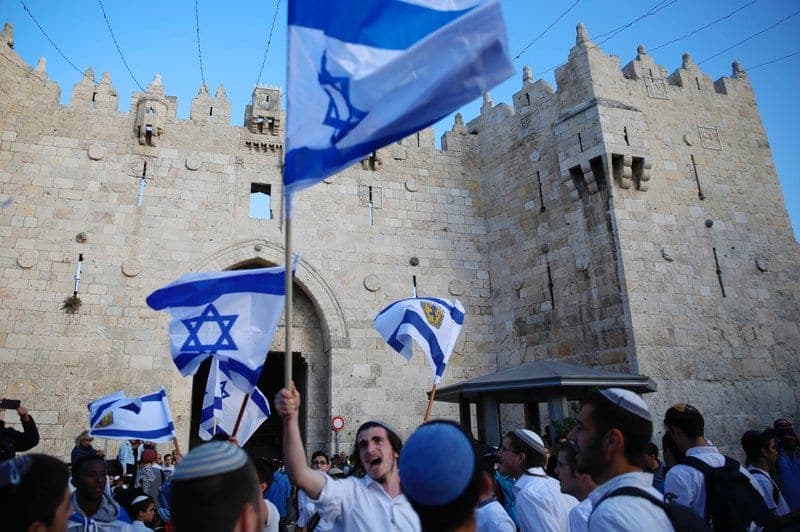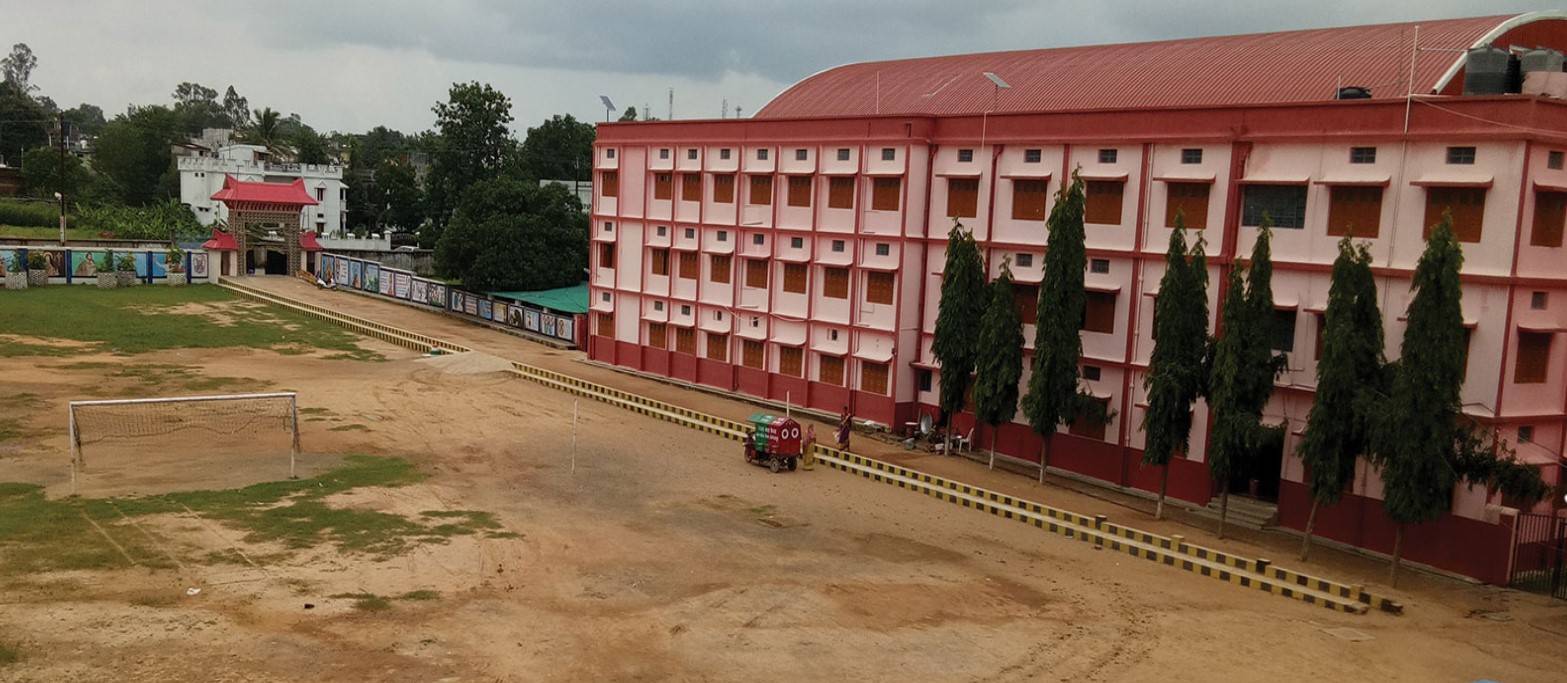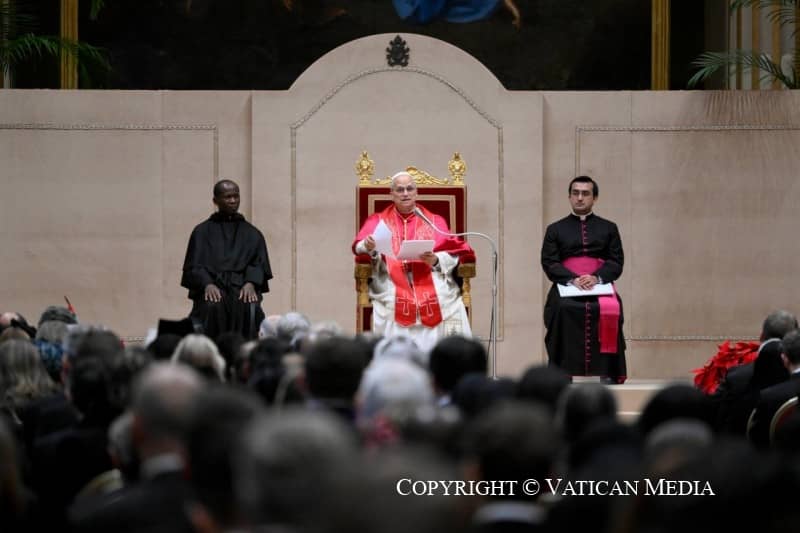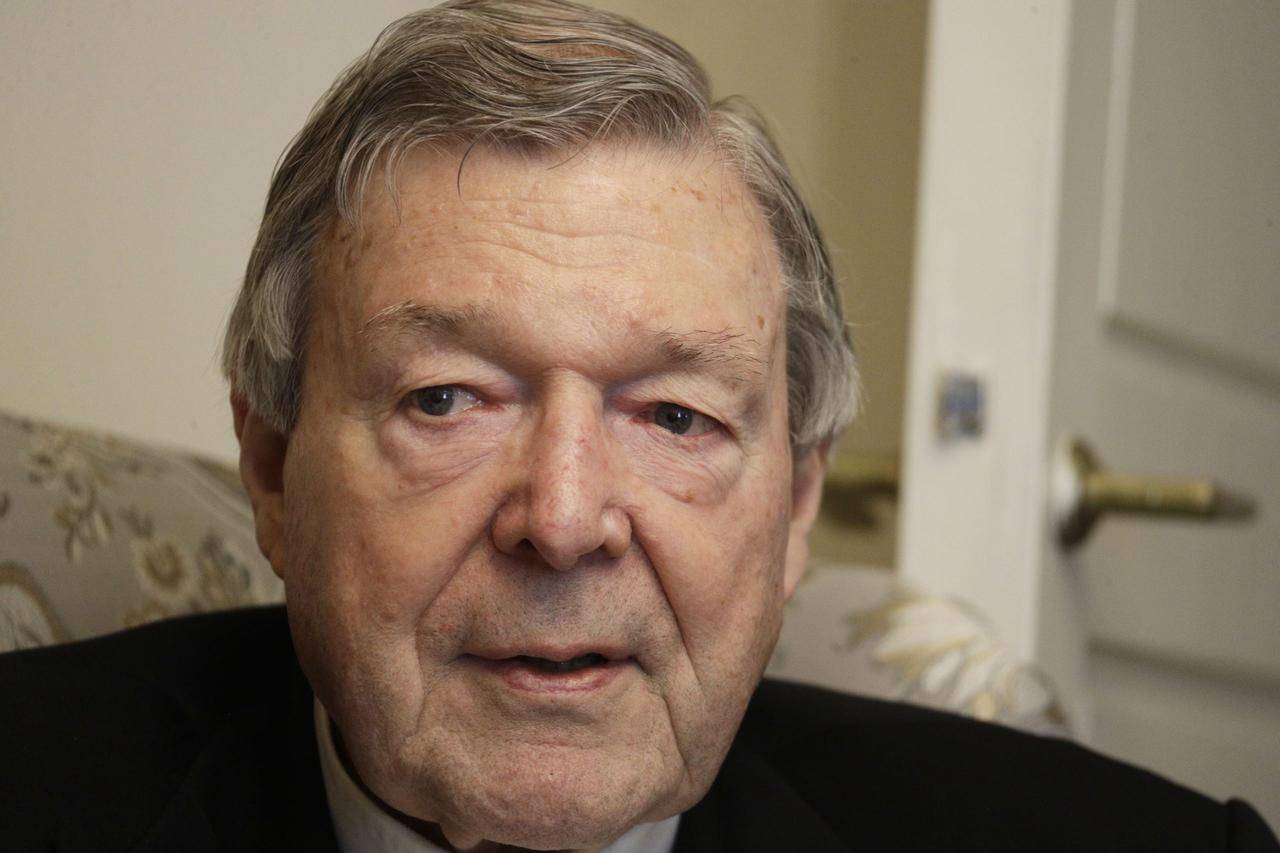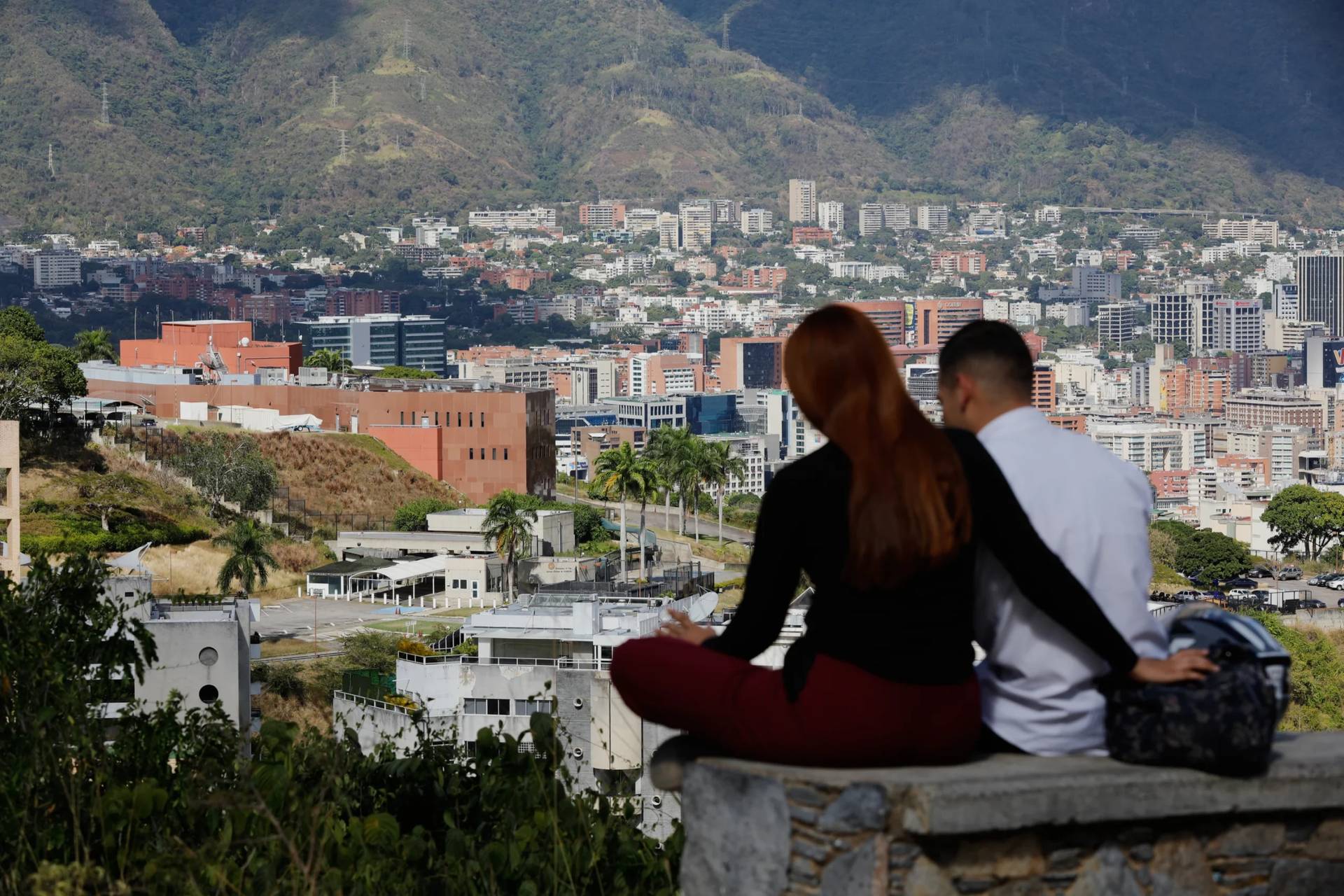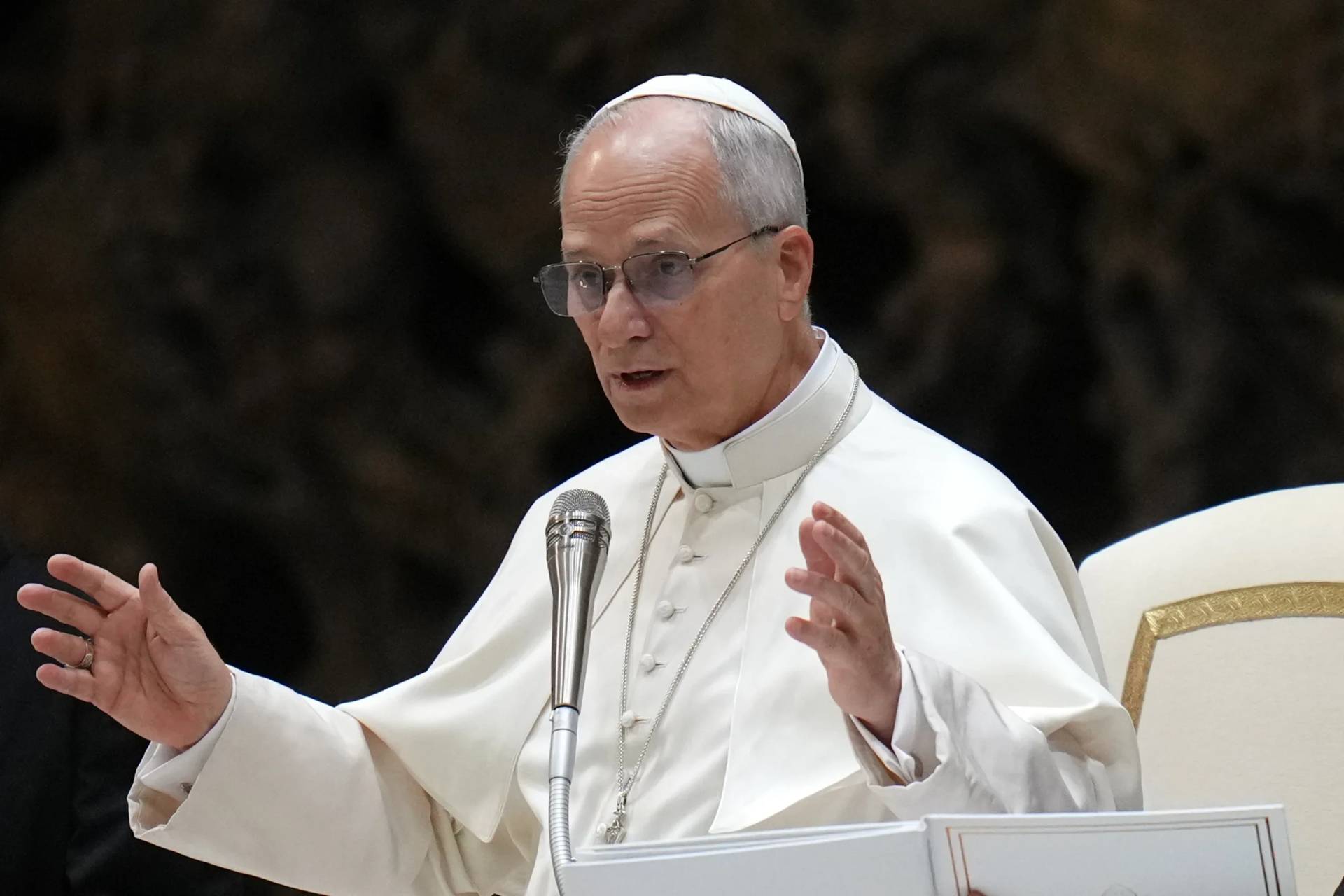DEIR HANNA, Israel — In this small hillside village in the Lower Galilee, a church steeple and a minaret pierce the sky above its winding streets — neighboring dual structures that are symbolic of life on the ground where the town’s Muslim and Christian inhabitants live peacefully alongside one another.
For the ancient town of Deir Hanna — which consists of fewer than 10,000 residents, approximately 20 percent of whom are Christians and 80 percent Muslims — the two faith communities have coexisted for centuries surrounded by their nearby Jewish neighbors, despite longstanding regional conflict being a way of life.
Yet, as of last month when the Israeli government passed legislation to define itself as “the Nation-State of the Jewish People,” a new source of tension has emerged, where Christians and Muslims alike are charging that the new bill is not only not necessary, but also discriminatory against minority populations — and in this town, their Jewish neighbors agree.
Second-Class Citizens
On a rooftop overlooking the town’s main thoroughfare, Sam Hessa, a retired clothier and a Catholic, told Crux that the new legislation “makes the non-Jew a second-class citizen.”
“If it’s a Jewish state just for the Jews, what about the other 22 percent that are not Jews?” Hessa wondered aloud.
Such ruminations have been a hot topic of conversation since July 19 when the Knesset, Israel’s legislative body, passed the bill in a vote of 62-55, with two abstentions. The controversial legislation is now enshrined as one of the country’s “Basic Laws,” which, similar to a constitution, is the highest legal authority for the nation.
RELATED: Latin Patriarchate of Jerusalem criticizes Israeli-Nation State Law
While certain elements of the law have stirred little controversy — such as its enumeration of the flag, the national anthem, and the state emblem — it is the specifications making Hebrew the nation’s official language, support for Jewish settlements, and the seeming overall lack of concern for the country’s minority populations that have caused a recent uproar.
This past weekend, massive Arab protests took place in Tel Aviv against the law, and leaders from Israel’s Druze and Christian communities have lodged both formal and informal complaints.
On the ground, in places like Deir Hanna, residents have been less likely to take to the streets in protest, and instead, more inclined to express anxiety than they are anger with their neighbors at the market, the doctor’s office, and at community gatherings.
“This is supposed to be a Jewish Democratic State,” Hessa told Crux. “It gives the non-Jews a feeling of inequality. In the new law you don’t see the phrase ‘equal rights’ mentioned. You don’t even see the word ‘equality’ in the law.”
Lena Ailabouni, a local schoolteacher, concurred with her fellow Catholic.
“We have no problem living together and getting along fine, but to differentiate between two different class of citizens, that’s just not right,” she told Crux. “The government seems to think only the Jews have rights here in Israel.”
She went on to note the law not only concerns her, but she’s worried about what it may mean for her three young sons.
“This affects their future to buy land, to build a home, to study at university, and advance their career,” she lamented.
Ailabouni added that she’s spoken with a number of her Muslim neighbors who expressed those same concerns, and Hessa added that many of his Jewish neighbors and friends are “against the law.”
One of those friends, Rony Hoayon, told Crux that while he hadn’t spent much time studying the specifics of the law, he believes it’s gratuitous and that he hopes it’s eventually replaced.
“On the surface, it seems unnecessary, and that will not change the way we share life together here,” said Hoayan, a local businessman in the region.
“My friends and my neighbors can be Muslim, Christians, and Druze and we share life together. For us, it seems better for the law to disappear, so we can live our lives as before,” he added.
“We don’t need this distraction”
While Ailabouni told Crux that she hasn’t heard her local priest speak out about the bill — “We don’t include politics in the Church,” she emphasized — the Latin Patriarchate, the see of the archbishop of Jerusalem, released a strong condemnation against it for failing “to provide any constitutional guarantees for the rights of the indigenous and other minorities living in the country.”
“It is beyond conception that a Law with constitutional effect ignores an entire segment of the population, as if its members never existed. The law might not have practical effects, yet it sends an unequivocal signal to the Palestinian citizens of Israel, to the effect that in this country they are not at home,” the statement continued.
The Patriarchate went on to condemn the bill for downgrading the status of the Arabic language — the primary language for both Christians and Muslims — and sharply criticized it for failing to guarantee the collective rights of minorities.
“It is not enough to have and guarantee individual rights. Any state with large minorities ought to recognize the collective rights of these minorities, and guarantee the preservation of their collective identity, including their religious, ethnic and social traditions,” the statement said.
Yet as evidence of how politically charged the bill has become, some Jewish-Christian relations experts who find fault in the bill have also charged the Patriarchate for being inflammatory and using imprecise or factually misleading language — the very problem that the bill’s critics have with the new legislation.
Even so, for individuals like Hessa, Ailabouni, and Hoayon, the drama of the last month is just another distraction from overcoming decades of conflict as Jews, Christians, and Muslims continue in their struggle to live together and share in the hope of a secure and stable future.
Surveying the nearby towns in Galilee with their mixed faith populations and Deir Hanna’s minaret and steeple towering above him, Hessa’s closing argument against the nation-state bill was succinct: “Here we get along fine. We don’t need this distraction.”
